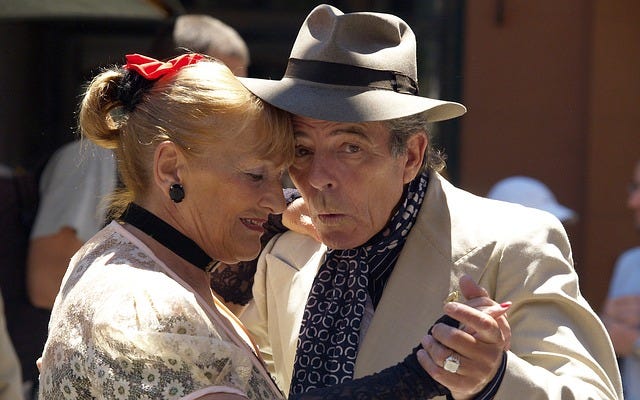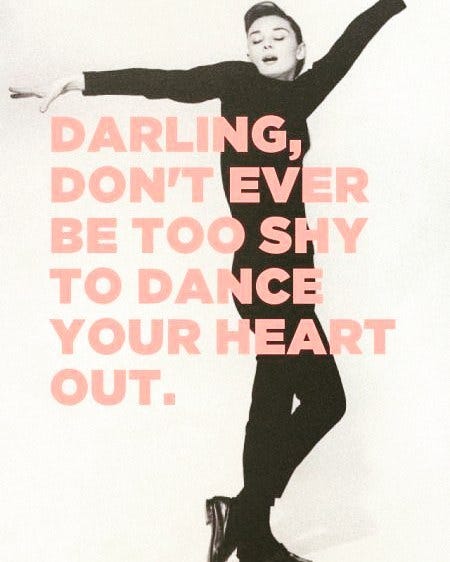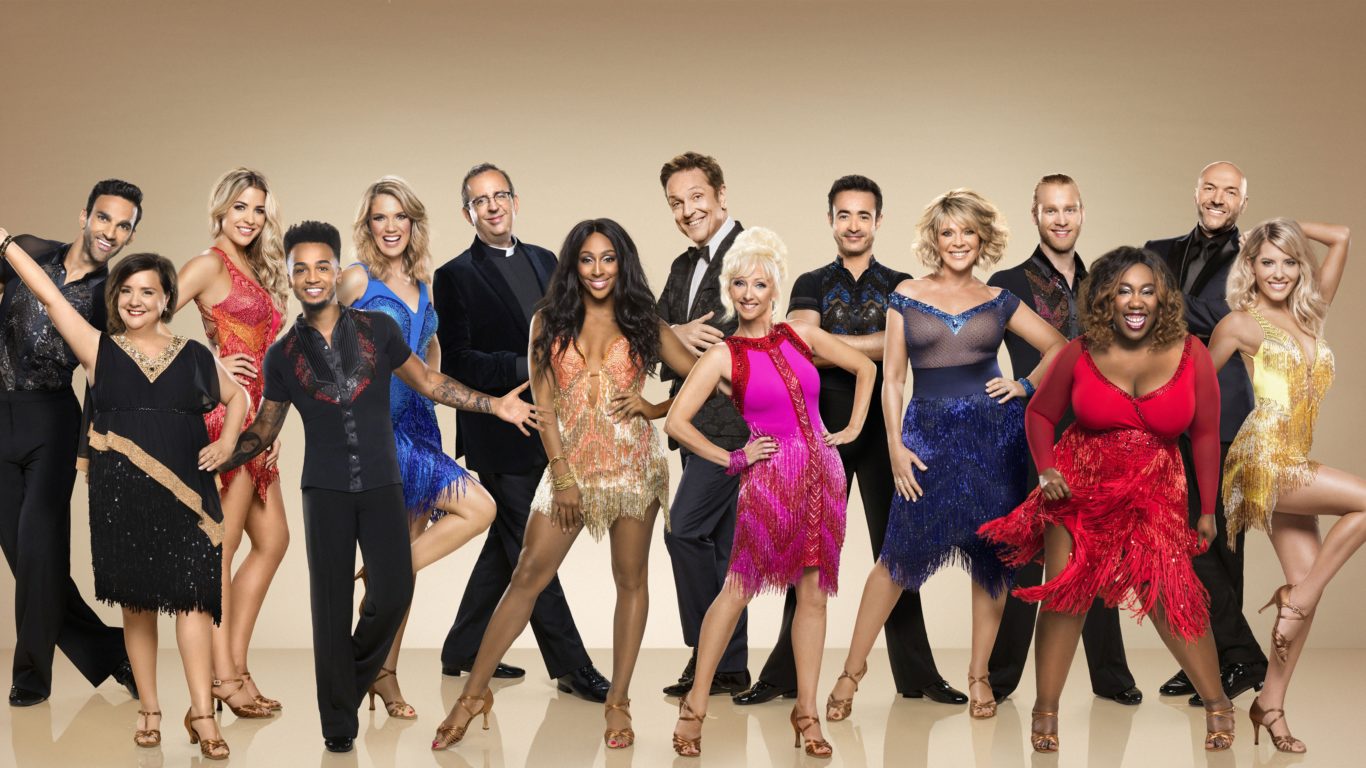Exactly how does dancing make you live longer?
Rosemary Bointon shares with us the physical benefits of why we should 'keep dancing'
Each week we watch celebrities dancing on Strictly and watch how, over the weeks, they prosper in both fitness and enjoyment.
Dancing has become top of the pops with scientists interested in ageing.
They’ve looked at dancing from all sorts of scientific angles and decided that it’s the best form of exercise to ensure that you live to a grand old age, with loads of energy, a sharp and active mind and have a lot of fun.
And they give you all the scientific reasons why you can dance your way into a great old age. It’s a long list.
I’m sure I’ve missed a load of reasons why dancing makes you live longer, but here’s a list of 18 reasons that scientists have come up with. I’ve divided them into physical, mental and social benefits.
I’ve given you my take on what they really mean. (It’s only a little bit tongue in cheek.)

Here are the Physical Benefits of regular dancing as you age:
1 Improves your posture
Standing up straight uses the muscles in both your back and your front and might stop your vertebrae collapsing on each other, so you might shrink less as you get older. Plus, it stops a lot of unwanted backache.
2 Strengthens muscles
Stops your muscles wasting away which has all sorts of negative consequences and makes you old before your time. (You lose muscle strength from your 30s onwards.) Dancing is especially good for your legs.
3 Improves balance
If you lose your sense of balance, which you tend to do as you age, you are more likely to fall over, break bones and be hospitalised which generally makes you older faster and can potentially lead to early death. And you can’t stand on the kitchen steps to reach the top cupboard because you might overbalance.
4 Improves flexibility
All the twisting and turning strengthens and stretches the bits you don’t usually stretch so that you can keep on using them to do nasty bits of housework or DIY — eg cleaning the outsides of the windows or painting the ceiling.
5 Improves coordination
You learn how to dance in time to the music, which stops your brain cells declining. Then you can judge how to move your arms and legs at the same time for much longer and without falling over.
6 Helps protect against bone loss
Older people may suffer from osteoporosis and break bones more easily — loads of exercise helps stop that. Dirty dancing is just the ticket.
7 May improve cardiovascular health
(the evidence is not so clear on that one)
Exercise generally is just the thing to keep your heart pumping blood around you nicely. It’s not clear that people dance hard enough to get that effect. Guess it depends on what sort of dancing you like doing.
8 Possibly helps you lose weight
Doesn’t always make you lose weight, but can do, but certainly tones your muscles up which is a great health benefit and you’ll lose inches, which makes you feel better about yourself.
Here are the Mental Benefits of regular dancing as you age:
9 Requires the brain to coordinate steps to music
It’s a challenge for your brain. So, it gets busy making more new cells because it has to work hard. More cells help prevent cognitive decline.
10 Improves concentration and focus
Moving your feet, your arms and the rest of you in time to the music is hard work and you have to concentrate which is good for the brain — another mental work out.
11 Improves memory
You have to memorise the sequence of the steps or you’ll tread on your partner’s toes or bump into someone going the other way. Makes your brain grow more cells in the memory departments.
12 Increases the size of the hippocampus
The hippocampus (and other brain bits) is in the memory department, so bigger means you remember more. Plus, it’s used for spatial coordination — so if it’s bigger you might not bump into so many other dancers.
13 Improves knowledge of physical activity and health
Learning new things is proven to help keep your brain cells active and help prevent cognitive decline.
14 Lifts the mood
There’s nothing like a good dance to make you feel more cheerful. It can release tension. Seriously, it can help prevent depression.
Here are the Social Benefits of regular dancing as you age:
15 Social contact

You can do it on your own at home, eg with your Wii, but generally, it takes two to tango so go and learn to dance in a class and meet new people.
16 Alleviates loneliness
Loneliness is the new epidemic. Going to classes and dancing with other people means you’re more likely to make friends who you can meet up with even when you’re not dancing.
17 Physical touch
If you live on your own, you don’t get enough hugs from people — you have to stroke the cat. Dancing means that you get to hold hands with real people (and if you want to, you might get in a smooch).
18 Self-confidence

With increased skill and more social interaction, people become more self-confident. It provides an outlet for the expression of emotions and brings a feeling of purpose. Even better if there is a performance to be worked towards. There’s nothing like the glow of success to make you feel you’ll live to be a 100!




















